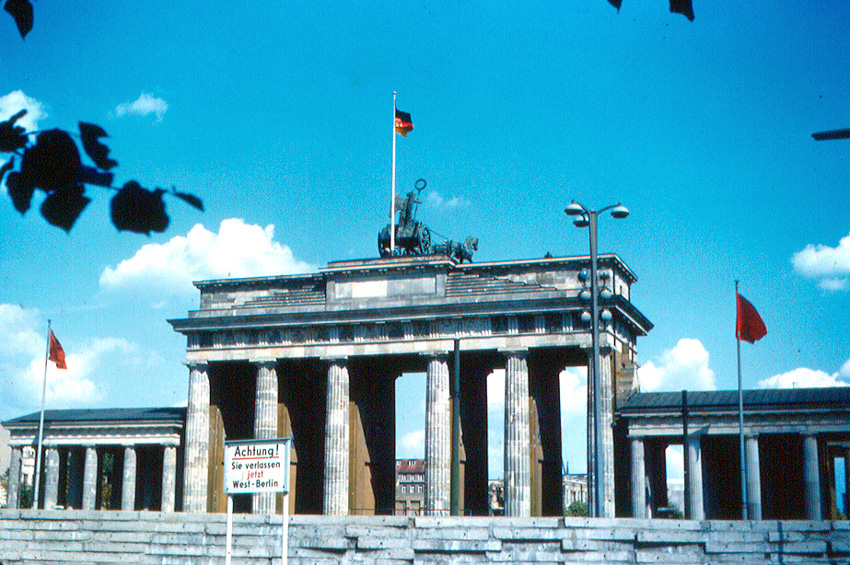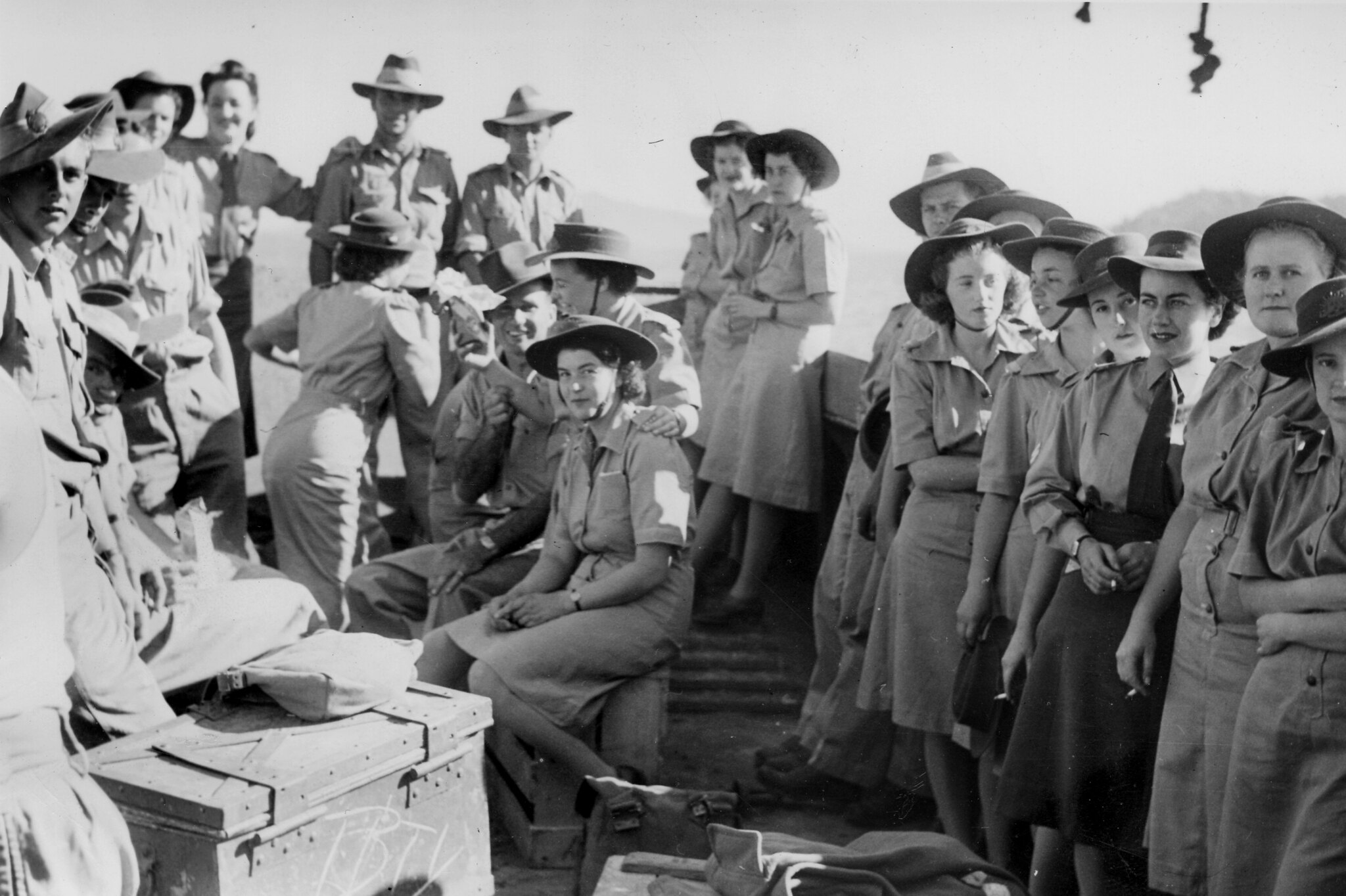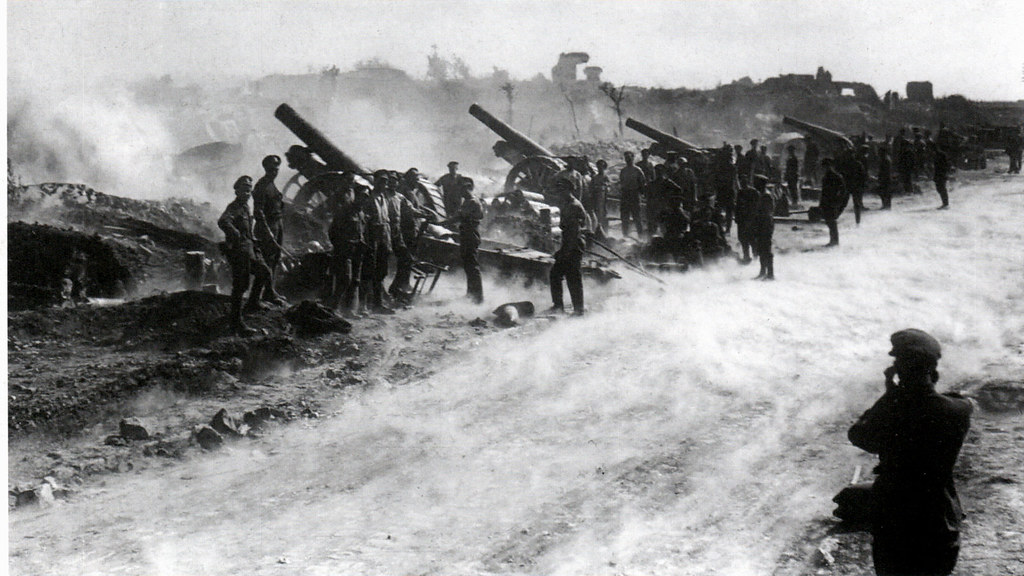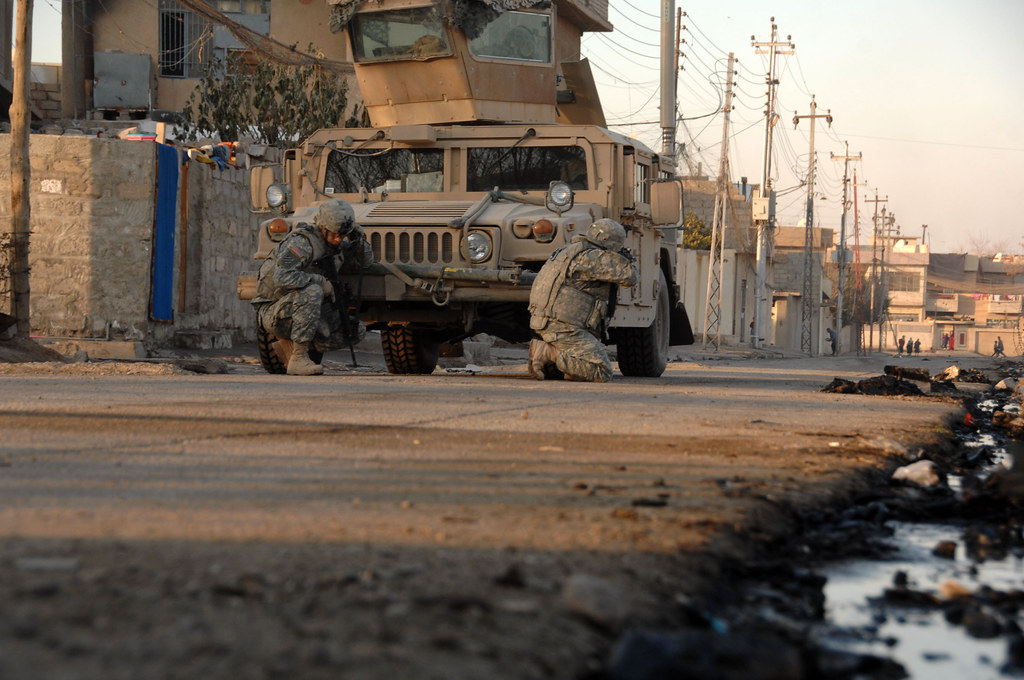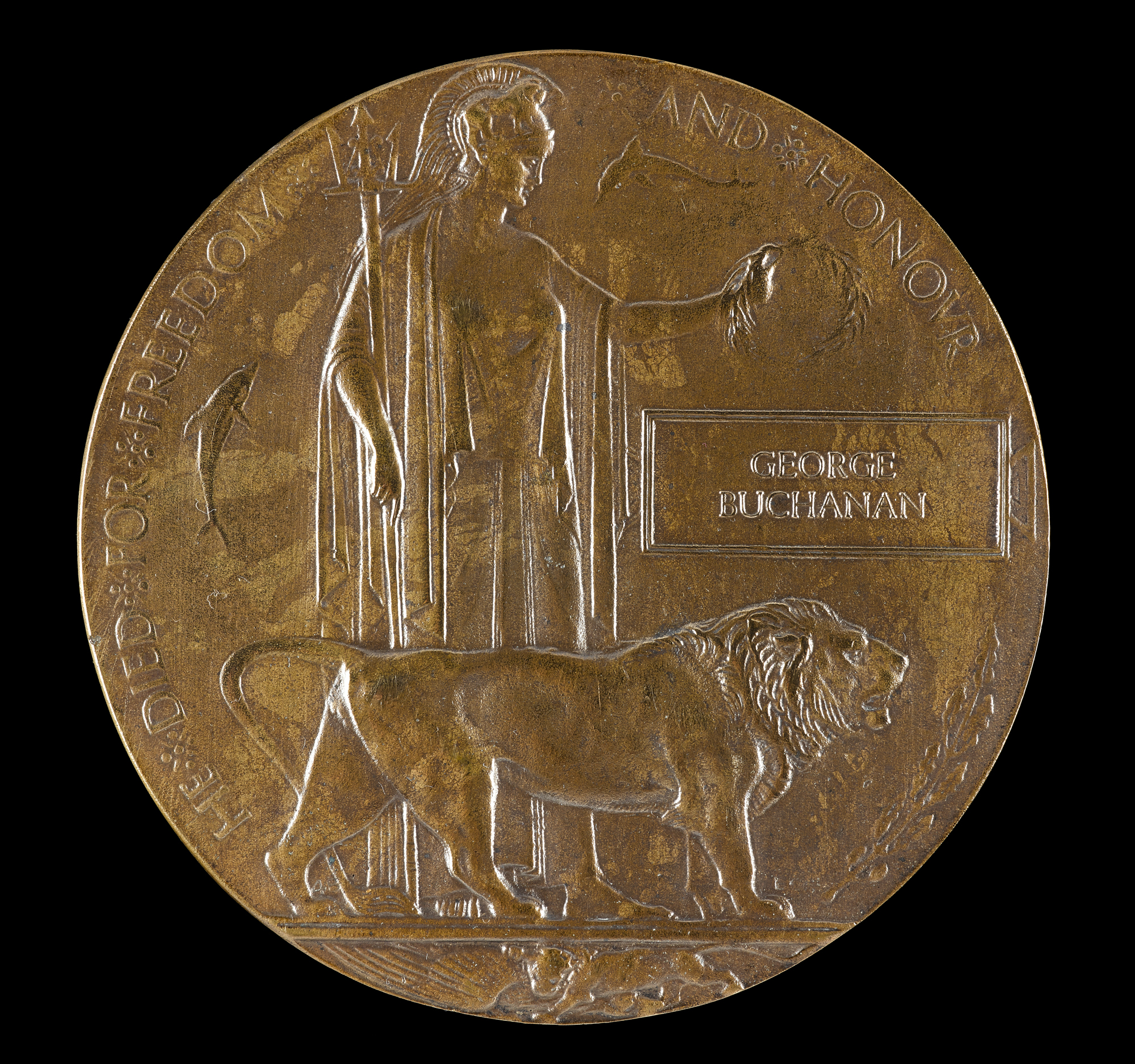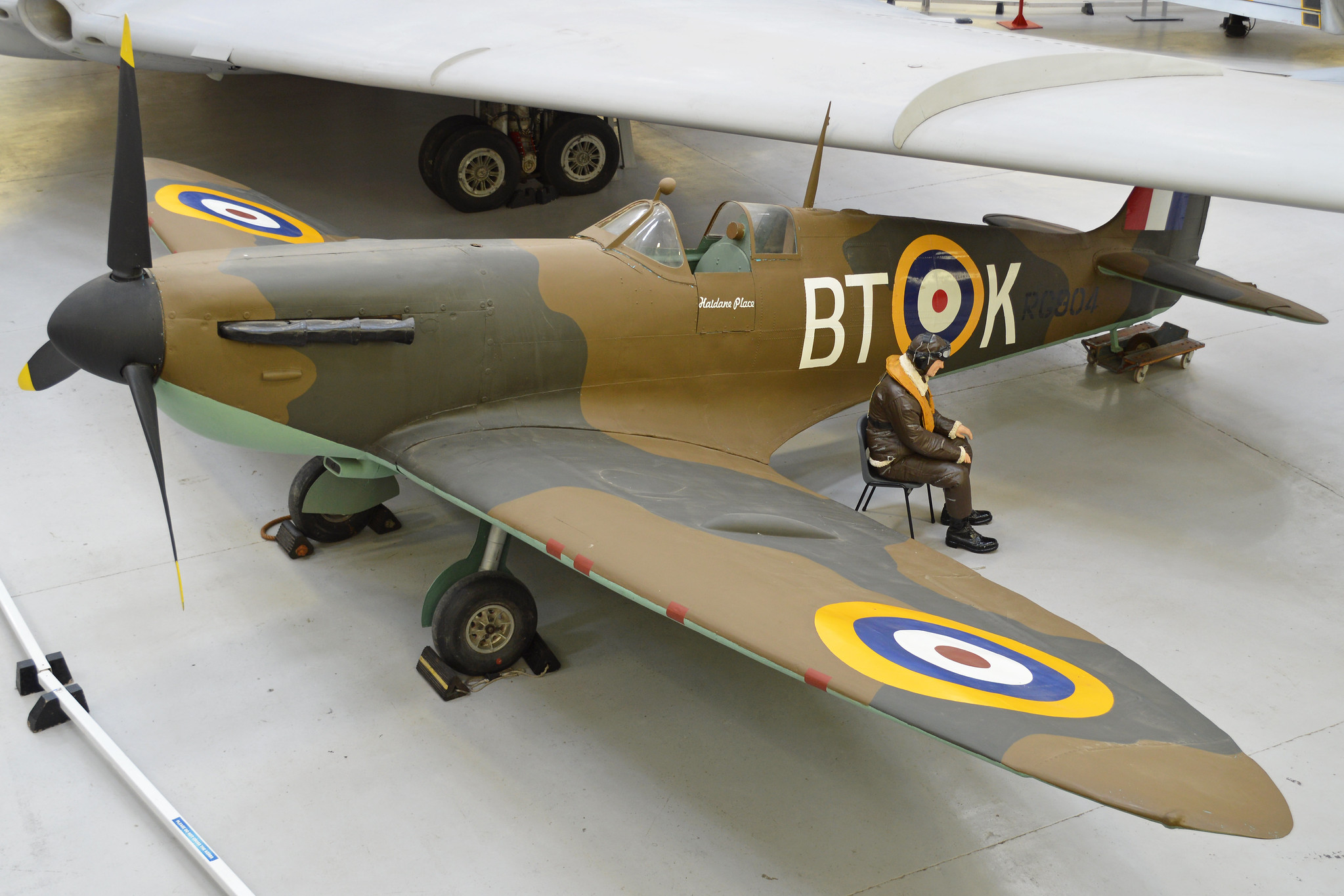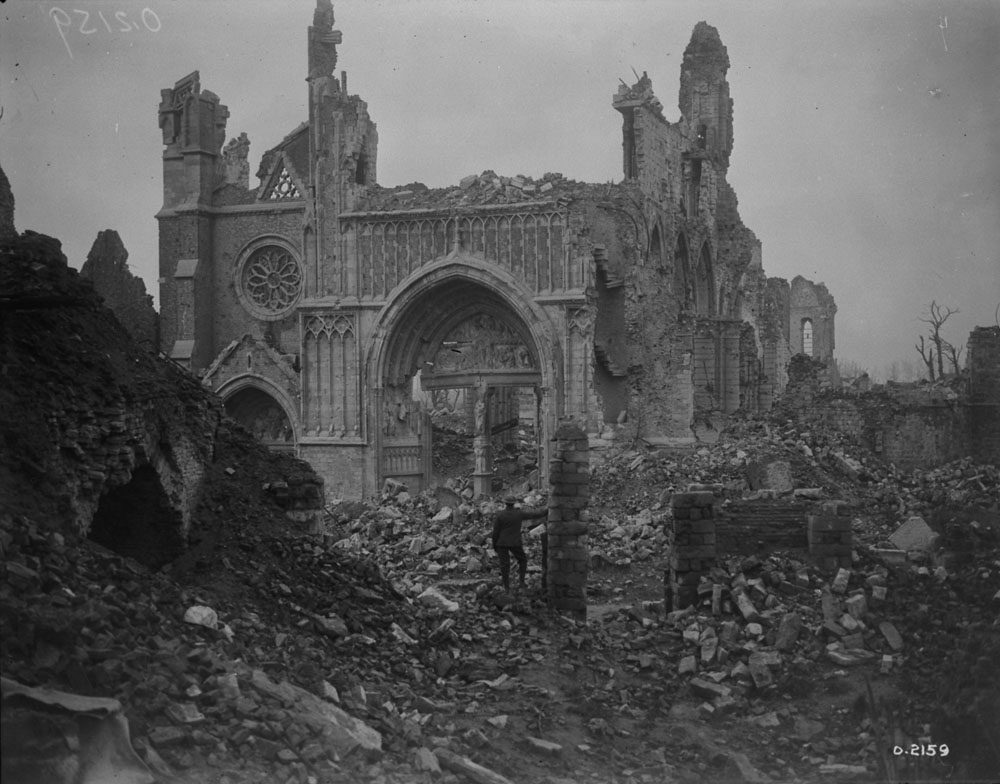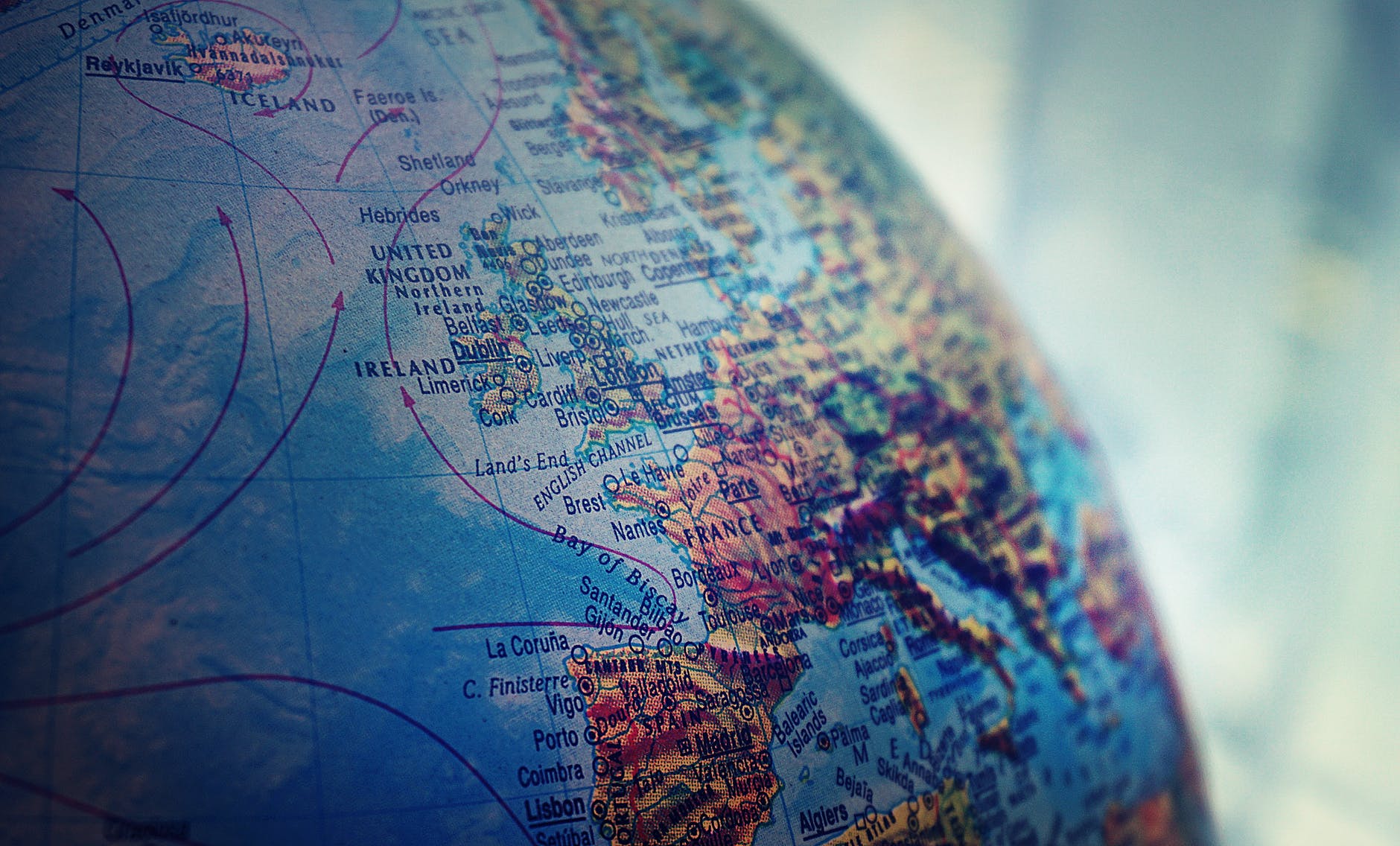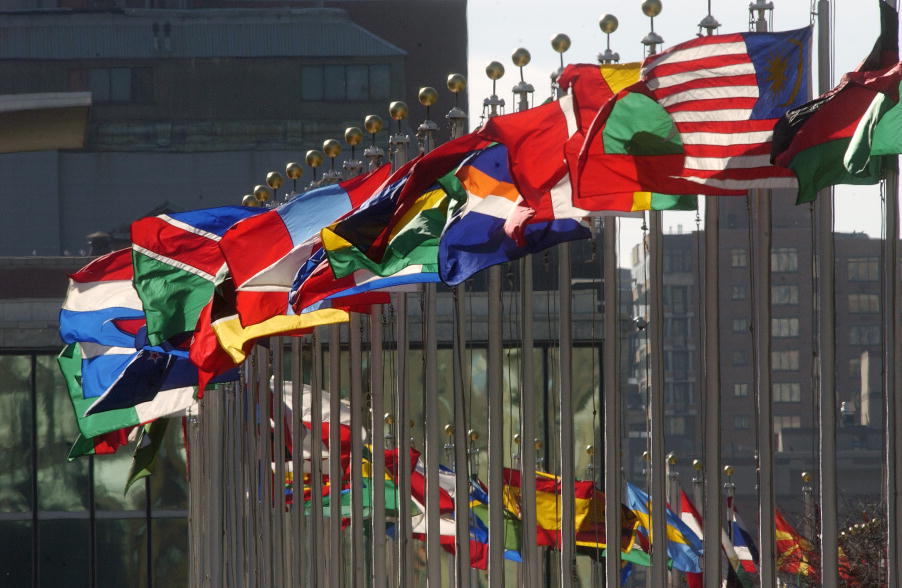Reviewed by Kate Docking.
Reckonings, authored by Mary Fulbrook, analyses the various implications of Nazi atrocities on both an individual and state level. A key aspect of the book explores how the judicial punishment of those involved in National Socialist persecution in the decades following the war could vary vastly between states. The stories of Rudolf Zimmerman and Walter Thormeyer provide a particularly poignant example of this. Zimmerman lived a seemingly innocuous life before the German invasion of Poland in September 1939. Residing in a village near the city of Mielec in Poland, Zimmerman helped his father’s farming business. When the SS came to Mielec, Zimmerman soon became involved in Nazi atrocities; he murdered Jews, and was later also involved in selections and deportations. After the war, Zimmerman became a ‘model’ socialist citizen in East Germany; he even acquired awards for his work. However, Zimmerman’s dark past soon caught up with him. He was arrested by East German authorities in 1966, put on trial, and sentenced to life imprisonment in 1967. Walter Thormeyer, who was Zimmerman’s superior during the war, was tried in West Germany, and received a lesser sentence; he was condemned to twelve years in prison, in spite of the copious amount of evidence pertaining to his participation in murderous crimes. The cases of Thormeyer and Zimmerman are reflective of how East and West Germany often adopted different approaches to the handling of those involved in Nazi crimes; harsher punishments were (generally) dealt out in the GDR, whereas the Federal Republic embodied a more lenient approach.
Leave a Comment
